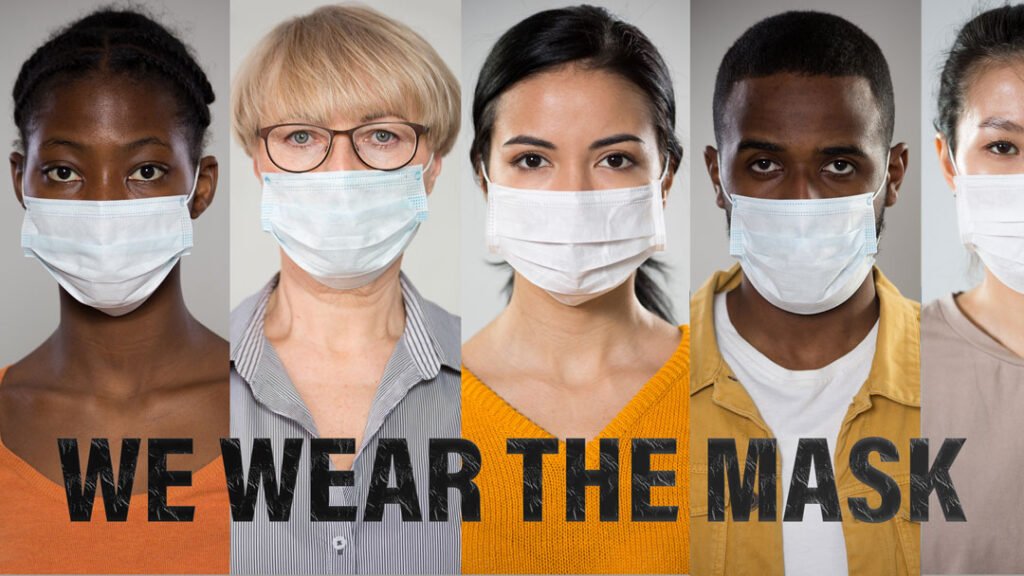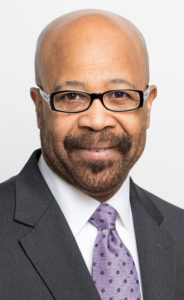
WE WEAR THE MASK


In the poem “We wear the mask,” the African American poet Paul Laurence Dunbar talks about another kind of mask, that worn by blacks of his era as a means of covering up their pain and despair. Celebrated as America’s first great black poet, Dunbar, who was born in 1872, experienced the raw racism of turn-of-the-century America, and was painfully aware that people of color were prone to cover up inner turmoil and turbulence with smiles and other expressions of happiness. “With torn and bleeding hearts we smile,” wrote Dunbar, who suffered a nervous breakdown in life and died prematurely at age 33.
Without a doubt, masks are indispensably important in the battle against the coronavirus. Ironically, the raging contagion has caused people to wear masks of another kind. Many are camouflaging their emotional pain with myriad masks. I was struck by a story on national TV recently about a medical doctor who committed suicide due to the stress she had experienced treating COVID-19 patients.
People on the frontlines in the fight against the coronavirus are exposed to human suffering and tragedy that we have seldom, if ever, witnessed before. The professionals serving selflessly in the health field are unsure of the enemy with whom they are contending. The stress many of them are experiencing is overwhelming and pronounced, and they need coping mechanisms or run the risk of emotional or mental distress. Given the economic uncertainties of the moment and the grim prognosis for the future, people are wearing masks to hide their anxiety regarding how they are going to make it financially.
Clergy are particularly prone to suppress feelings of vulnerability behind masks of calmness, composure, and certainty. Ministers want to project that, being servants of God, they are on top of things and have the answers to the questions brought to them by perplexed parishioners. The truth is that often clergy are as stretched and strained as those they counsel with, and at no time is that more true than in the age of COVID-19.
May is Mental Health Awareness Month. The aim during the month is for us to tackle the stigma of mental health, which includes anxiety and depression, two conditions that are rampant in the age of COVID-19 and that people try to mask. Now, more than ever, we need to reach out to others with transparency and authenticity. As we wear physical masks to protect each other from catching the coronavirus, let us resolve to remove the psychological masks that grin and lie about our inner pain and anxieties. The masks that camouflage and contribute to mental illness must be removed.
“What time I’m afraid, I will trust in thee” (Psalm 56:3). “Casting all your care upon him; for he cares for you” (1 Peter 5:7).
- Clifford Jones
